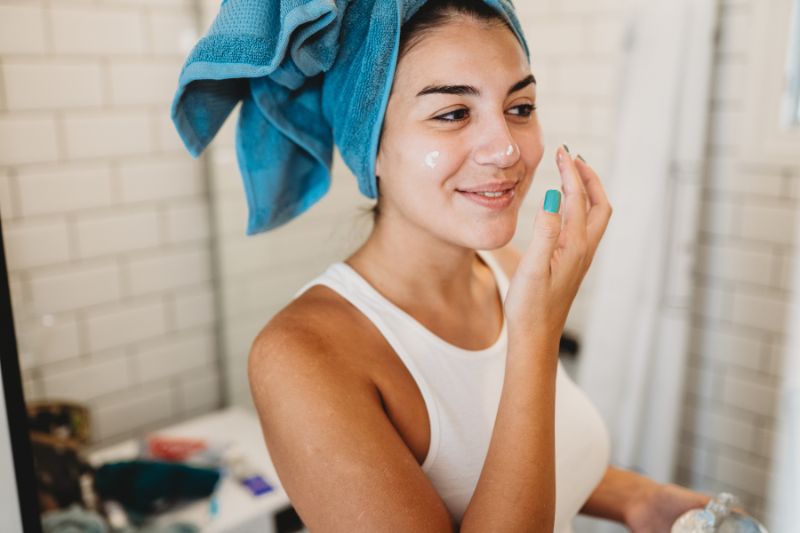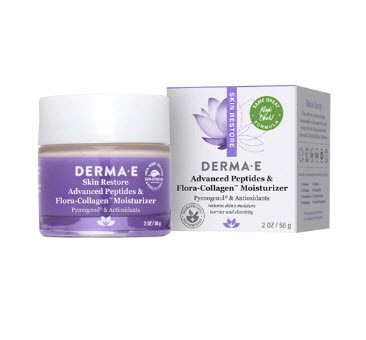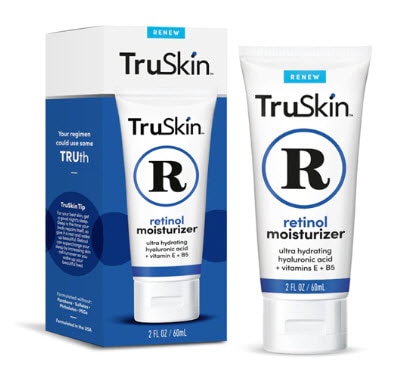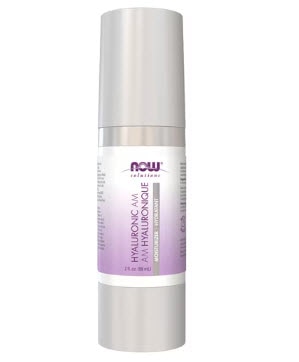Searching for the right moisturizer can feel like looking for a needle in a haystack. With thousands of skin care products, finding the right product can feel impossible, but it doesn’t have to be that way. Explore the importance of moisturizers, the key steps in finding the right one and some recommendations to help you achieve a radiant, hydrated complexion.
Why is it important to use moisturizer?
Moisturizers help hydrate your skin, sealing in moisture to avoid dryness, which can cause itchiness. They’re a crucial part of any skin care routine because they help promote skin barrier health, making your skin look more radiant. It helps reduce skin problems by keeping water in and potentially irritating elements out. When your skin is moisturized, it looks plumper.
At first, you might think only people with dry skin need to apply moisturizer. That’s always not the case, as acne medications can cause irritation and dryness, like benzoyl peroxide, salicylic acid, adapalene and isotretinoin. A good moisturizer can help soothe acne-prone skin without triggering breakouts.
Steps for finding the right moisturizer
Choosing the right moisturizer can be challenging, especially when you’re new to skin care. Here are factors to remember before buying a product.
1. Know your skin type
The right moisturizer will depend on your skin type. You can visit your dermatologist to know your skin type, but here are the most common skin types and their typical signs:
- Normal skin: This type means your skin is not too dry and oily. You have barely visible pores and little to no imperfections.
- Oily skin: You have oily skin if you have enlarged pores, a shiny complexion and are prone to blackheads, pimples and whiteheads. The amount of sebum your oil glands produce depends on factors such as stress, humidity and hormonal imbalances.
- Dry skin: If you have barely visible pores, red patches, lines, a rough complexion and less elastic skin, you have dry skin. You may also experience peeling, itchiness, irritation or inflammation.
- Sensitive skin: Your skin is sensitive when certain products cause immediate itching, redness, dryness or a burning sensation. When you have sensitive skin, try to find which ingredients trigger unwanted reactions to avoid them in the future.
- Combination skin: A combination skin type is characterized by dryness in some areas and oiliness in other parts, such as the T-zone, which comprises the forehead, nose and chin.
2. Think about texture
There’s no one-size-fits-all moisturizer. This product is available in many forms, including gels, lotions, creams and ointments. While they all have the same goal of keeping the skin moist and preventing water from leaving the skin, they function differently.
A gel moisturizer is usually water-based, making it feel lighter on the skin. A cream is thicker and contains higher oil content. An ointment has the thickest consistency, making it one of the most effective formulations for dryness. Notice the product’s texture and how it feels once applied to the skin. For instance, if you have dry skin, you might benefit from moisturizers with creamy consistency.
3. Read the label
Labels can be intimidating, especially if you don’t have a basic understanding of skin care ingredients. To make things easier for you, look for products with helpful labels, such as “allergy tested” and “non-comedogenic.” Items with these labels are less likely to cause allergic reactions and clogged pores, respectively.
4. Choose the right ingredients
The blend of ingredients indicates the product’s effectiveness. Look for these moisture-boosting ingredients when shopping for a moisturizer:
- Humectants: This component draws water into the skin. Famous humectants include aloe vera, hyaluronic acid, glycerin and urea. This is an excellent option if you have oily or combination skin type.
- Emollients: Rich, thick moisturizers often contain emollients. Popular emollients include cocoa butter, shea butter, squalene and triglycerides. This chemical benefits people with dry and mature skin.
- Occlusive: An occlusive is a barrier that locks in moisture and prevents your skin from irritants. Some popular occlusives include fatty acids and waxes. However, this is not recommended for oily skin, as it can clog pores.
- SPF: Tinted moisturizers often come with sun protection benefits. Look for a moisturizer with at least SPF 15 to protect your skin year-round, no matter the weather.
- Ceramides: These are lipids that help seal in moisture in your skin.
Ingredients to avoid in a moisturizer
Less is more when it comes to moisturizers. Avoid these potentially harmful ingredients, especially if you have sensitive skin.
Fragrance and colorings
Perfume and color don’t have moisturizing ingredients, so it’s best to avoid them. They may also cause unwanted irritation.
Too many acids
If you have dry or sensitive skin, ignore moisturizers with glycolic, alpha-hydroxy, and salicylic acids. Acids are usually great as exfoliators, which defeats the purpose of moisturizing.
Steroidal ingredients
Steroid creams and ointment can help relieve itchy skin, but overuse can cause skin damage, potentially leading to skin thinness and other issues.
Moisturizer recommendations for every skin type
Check out these moisturizers that many people love nowadays.
Oily or acne-prone skin
Look for a product that contains hyaluronic acid to keep your skin moisturized. The NOW Solutions Hyaluronic AM Moisturizer is a blend of hyaluronic acid, sunflower seed oil, glycerin and jojoba seed oil that helps restore your radiance.
Dry skin
Did you know dry skin is more prone to fine lines and wrinkles? Dryness shrivels your skin cells, promoting fine lines and creases. Retinol is an ingredient famously used to combat the signs of aging. The TruSkin Retinol Moisturizer contains this substance, which helps boost cellular turnover, softens skin and promotes hydration. It’s free from unnecessary fragrances, dyes, sulfates and parabens — all potentially harmful ingredients.
Combination skin
You’ll need a sophisticated blend of ingredients to combat dryness and oiliness simultaneously. Derma E Skin Restore Peptide Moisturizer is a double-action product that promises to smoothen wrinkles and rejuvenate skin elasticity. Other ingredients help relax facial muscles, reduce inflammation and boost collagen production.
Normal skin
If you have a normal skin type and few skin issues, choose a simple yet effective product. The Live P.S. Probiotic Protect Daily Defense Moisturizer contains prebiotics, probiotic extracts, and plant-based ingredients that help moisten your skin. Its lightweight consistency can be a perfect base for your makeup.
Sensitive skin
If you have sensitive skin, choose a moisturizer free from animal ingredients and potentially harmful chemicals, such as parabens, phthalates, dyes, fragrances and polyethylene glycols (PEGs). The Honest Company’s Daily Calm Lightweight Moisturizer is made with calming plant-derived substances that help support your skin barrier.
Keep your skin moisturized
Choosing the right moisturizer can be challenging, but it can be a rewarding experience with the right information. With these tips in mind, you can find a product that truly works for you.




